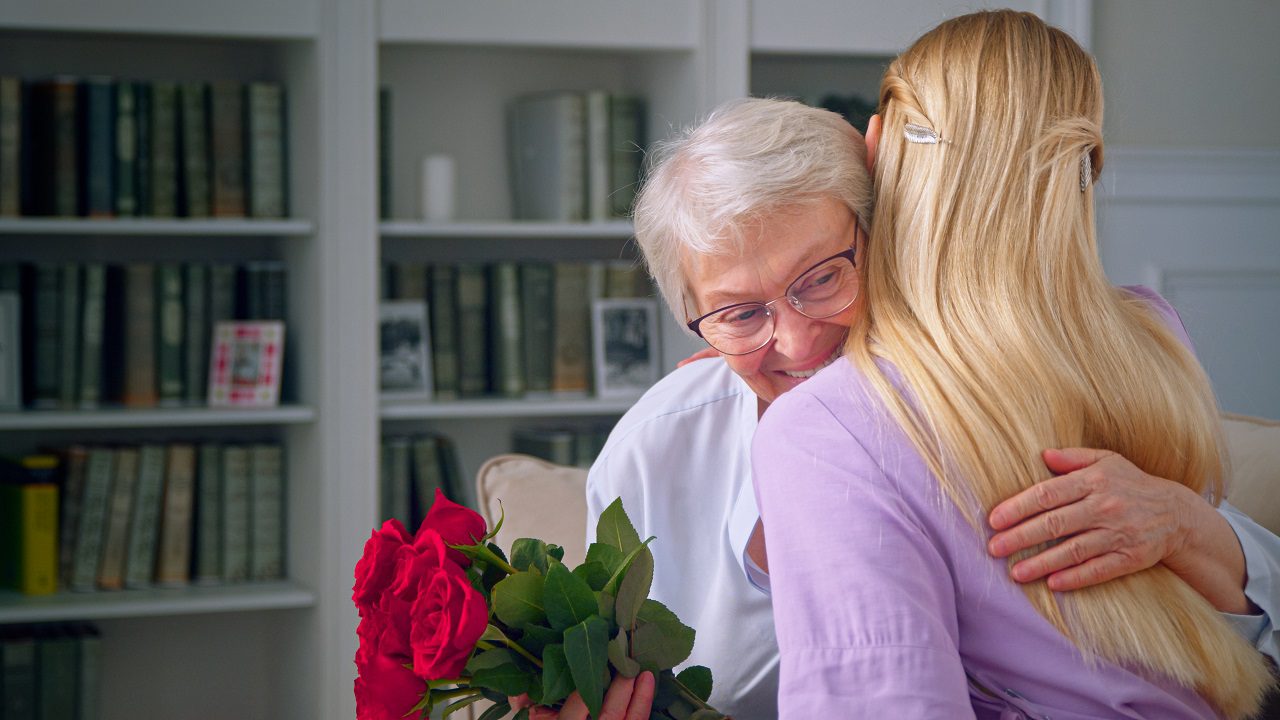People with dementia often struggle to tell others about their diagnosis. You may be worried how people will react. People with dementia describe a range of reactions by family and friends when they tell them they have dementia.
- Many family and friends are supportive. They listen, make useful suggestions, give practical help and make accommodations without making a fuss. It’s a positive experience for the person with dementia sharing their diagnosis, they feel loved and supported by people moving forward with them.
- Some family and friends are overly supportive and helpful such that the person with dementia feels mollycoddled or like they are being ‘wrapped in cotton wool’.
- Some family and friends don’t know what to say and avoid the topic.
This can make the person with dementia feel embarrassed or awkward, or the person with dementia might be relieved they don’t have to talk about their dementia any more than necessary. - Some family and friends are disbelieving and question whether the person really has dementia. “You don’t look like you have dementia”. With this reaction, some people with dementia feel they’re not believed, while others might think the person is not seeing them any differently. This Dementia Alliance International video is of 14 people with dementia talking about their experience of being told they don’t look like they have dementia.
- Some family and friends become really upset at the news.
Sometimes, people with dementia find this unhelpful because they don’t want sympathy or pity, while others might find this comforting that the other person cares so much.
The way family and friends react, however well intended, may not feel helpful to you. The next page provides ideas about how to share your diagnosis so your family and friends have enough information to know how they can support you.





